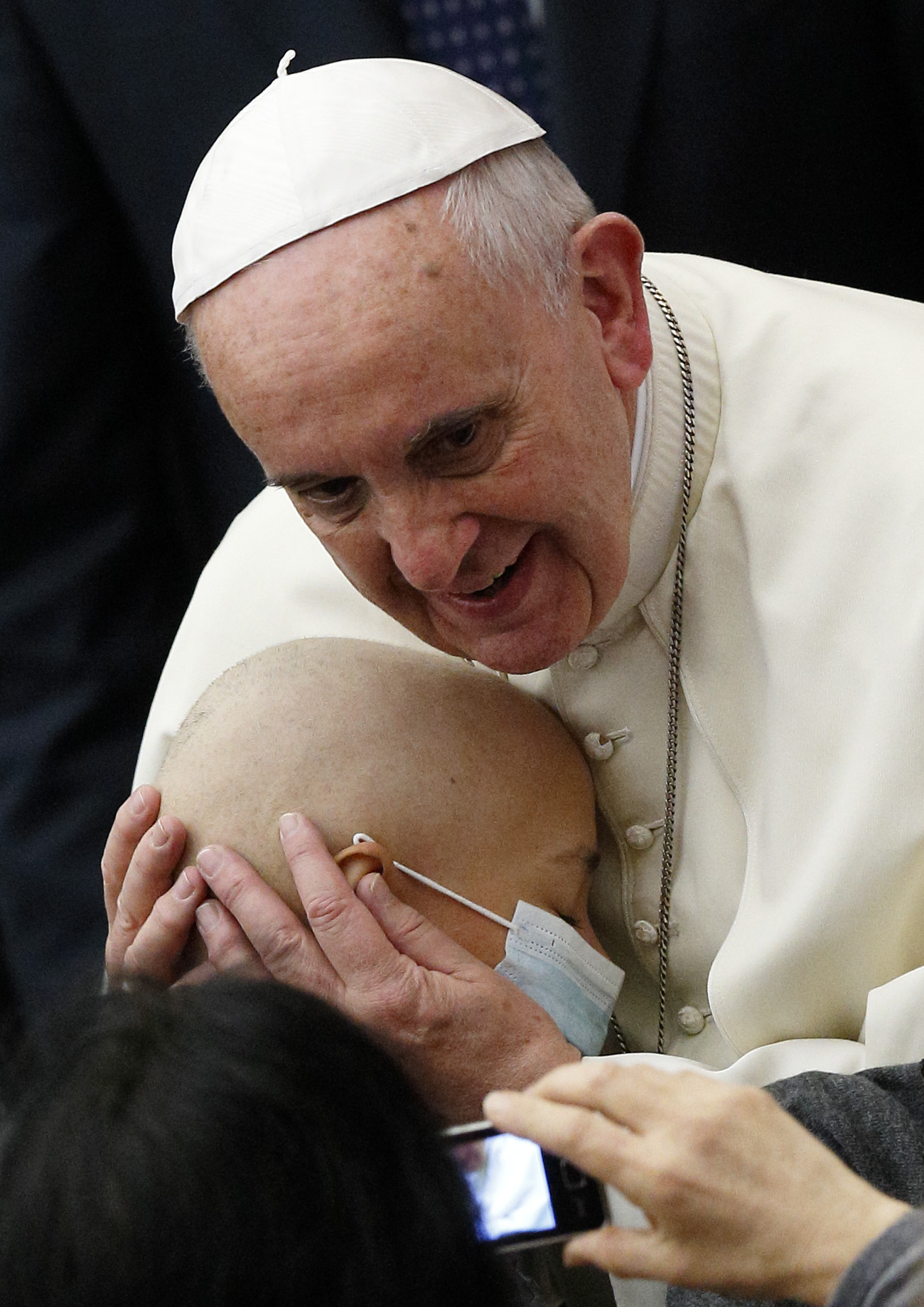Pope Francis has emerged as a prominent voice in the global discourse on ethical and moral issues surrounding modern reproductive technologies. His recent comments on surrogacy have sparked widespread debate, reflecting his deep concern for the dignity of human life and the potential exploitation inherent in these practices. The Pope's stance is rooted in Catholic teachings that emphasize the sanctity of life and the importance of protecting both mother and child from commodification.
As the leader of the Catholic Church, Pope Francis continues to address pressing social issues, including advancements in medical science and their implications for human relationships. His call for a global ban on surrogacy underscores a broader critique of how modern technology can sometimes undermine traditional values. By labeling surrogacy as deplorable, the Pope seeks to highlight what he perceives as a grave violation of human dignity, prompting discussions worldwide about the ethical boundaries of assisted reproduction techniques.
The Ethical Dimensions of Surrogacy
Pope Francis has made a strong appeal for a global prohibition on surrogacy, describing it as an act that turns unborn children into commodities. In his view, the practice reduces human beings to objects of trade, which contradicts fundamental moral principles upheld by the Catholic Church. This perspective aligns with existing laws in countries like Italy, where surrogacy remains illegal due to similar concerns over ethical violations.
By emphasizing the need to safeguard the rights of the unborn, the Pope extends his criticism beyond mere legal restrictions. He advocates for a comprehensive understanding of human dignity that respects the intrinsic worth of every individual, regardless of circumstances. Such a stance challenges societies to reconsider their acceptance of practices that might inadvertently promote exploitation or inequality.
This call for reflection also invites dialogue between religious authorities and scientific communities, encouraging collaboration towards solutions that honor both technological progress and moral integrity. Through this initiative, Pope Francis aims to foster greater awareness about the long-term impacts of surrogacy on all parties involved—the surrogate mothers, intended parents, and most importantly, the children born through such arrangements.
A Matter of Justice: Perspectives from Bishop Barron
Bishop Robert Barron, echoing the sentiments of Pope Francis, asserts that surrogacy represents a significant injustice affecting everyone implicated in its process. According to him, this practice not only disrespects the dignity of women but also jeopardizes the well-being of children conceived under such conditions. As chairperson of the USCCB’s Committee on Laity, Marriage, Family Life, and Youth, Bishop Barron voices concerns regarding how commercialized approaches to parenthood may harm familial bonds.
His position highlights the church's commitment to defending vulnerable populations against exploitative systems. By framing surrogacy within the context of justice, Bishop Barron emphasizes the necessity of protecting those who could be marginalized or disadvantaged by current trends in reproductive medicine. Furthermore, he calls upon policymakers and society at large to adopt policies that prioritize ethical considerations alongside scientific innovation.
In doing so, Bishop Barron contributes to ongoing conversations about balancing individual freedoms with collective responsibilities when addressing complex issues related to family formation and child welfare. His advocacy serves as a reminder that any solution must ensure equitable treatment for all stakeholders while upholding core human values.
Global Implications and Diverse Reactions
Pope Francis' declaration advocating for a universal ban on surrogacy carries profound implications across different cultures and communities globally. While some groups, particularly within the LGBTQ+ community, rely heavily on surrogacy services to expand their families, others view the practice skeptically due to perceived risks associated with commodifying human life. Consequently, the Pope's remarks have ignited intense debates among various demographics, each presenting unique perspectives shaped by personal experiences and cultural backgrounds.
In regions like Australia, where surrogacy regulations vary significantly depending on jurisdictional rules, opinions remain divided. Some individuals celebrate the opportunities provided by IVF surrogacy, crediting it with transforming lives through acts of kindness and mutual support. Meanwhile, critics argue that these advancements risk undermining essential aspects of human identity if misused or improperly regulated.
Ultimately, the controversy surrounding Pope Francis' views reflects broader societal challenges posed by rapid advancements in biotechnology. It compels us to examine critically whether our pursuit of scientific achievements aligns with timeless principles of fairness, compassion, and respect for humanity—a question whose answer will undoubtedly shape future generations' experiences navigating increasingly intricate landscapes of reproduction and family dynamics.

